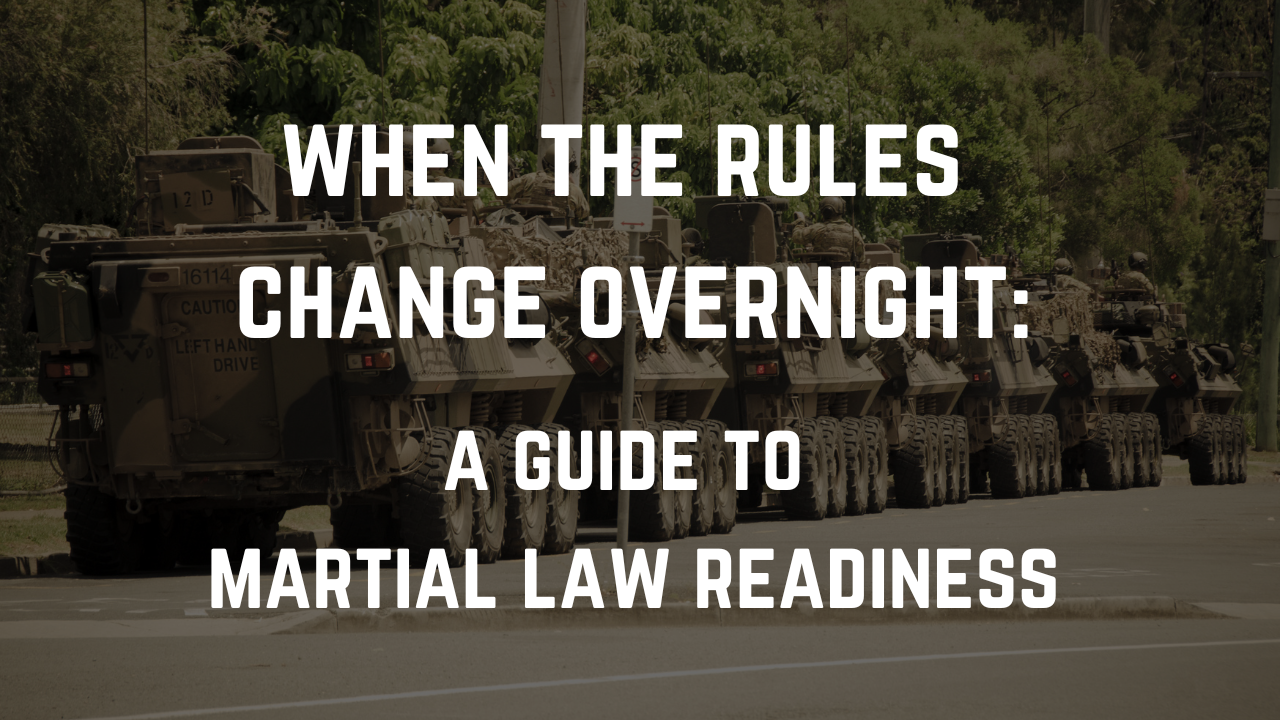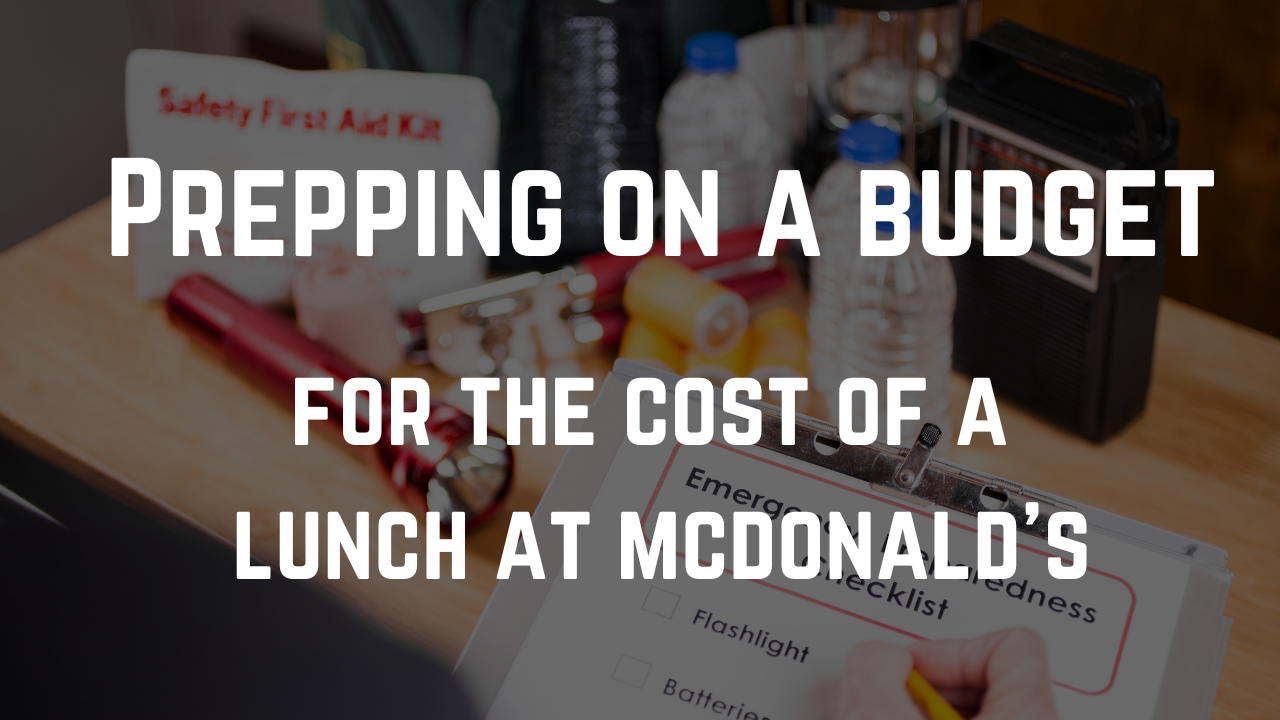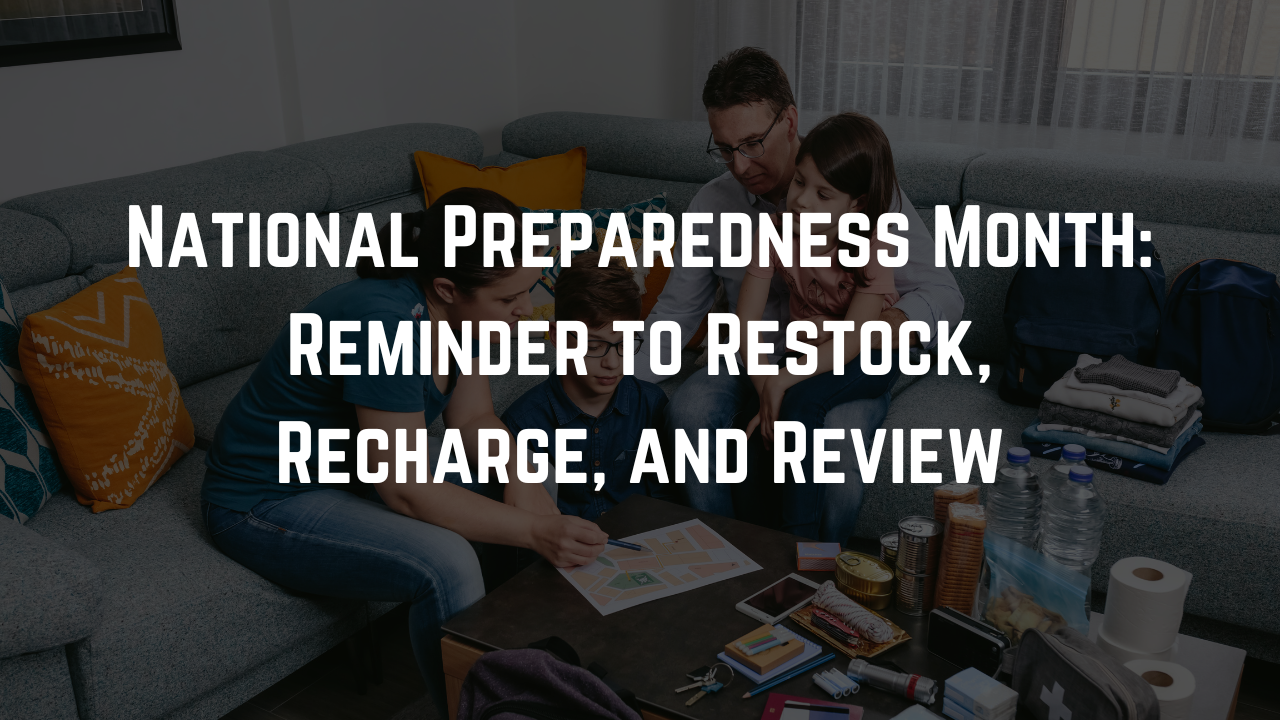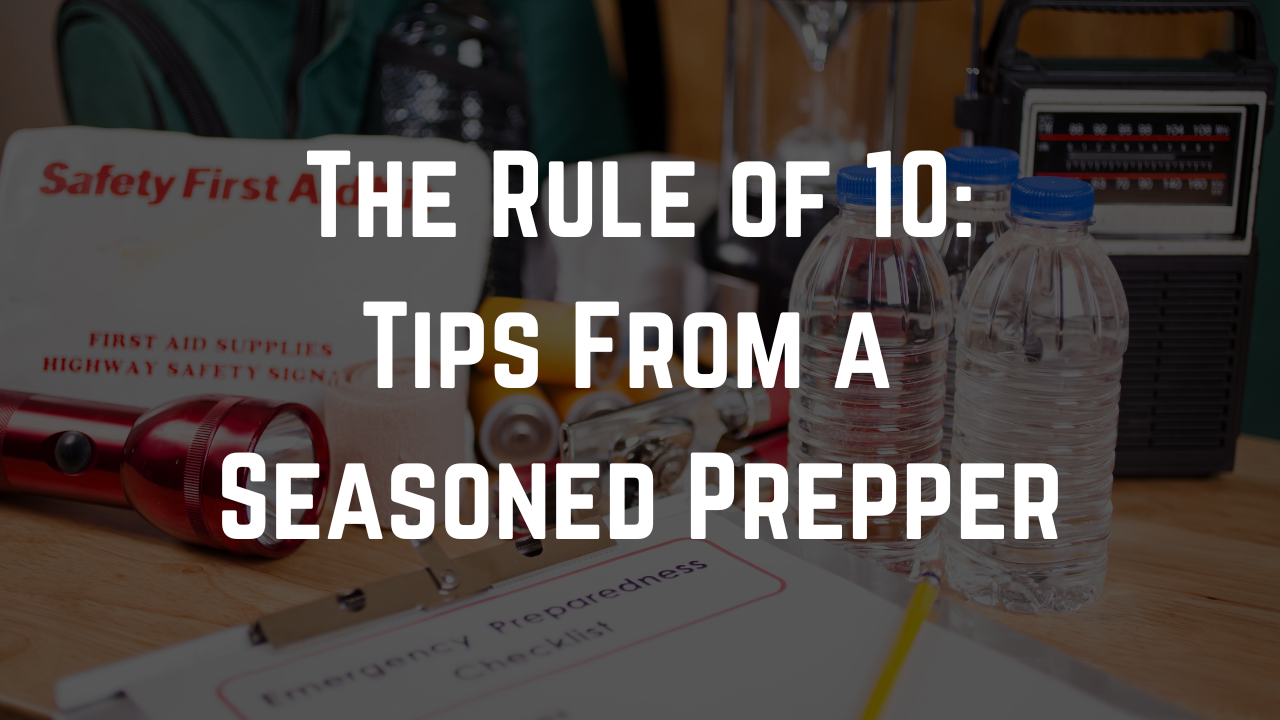Keep it simple and positive. Frame preparedness like another form of insurance — you hope you won’t need it, but small steps now save a lot of stress later. Involve kids by letting them help pack the kit, choose snacks, and try out a dinner time with just flashlights so power outages feel less scary.
For teens or reluctant adults, point to everyday inconveniences they’ve already experienced (like losing Wi-Fi during an outage, or scrambling when the power goes out) so preparedness feels relevant. And even if others aren’t ready to get on board, don’t let that stop you. Preparing on your own makes your household stronger, and others will appreciate those efforts if an emergency actually happens.





